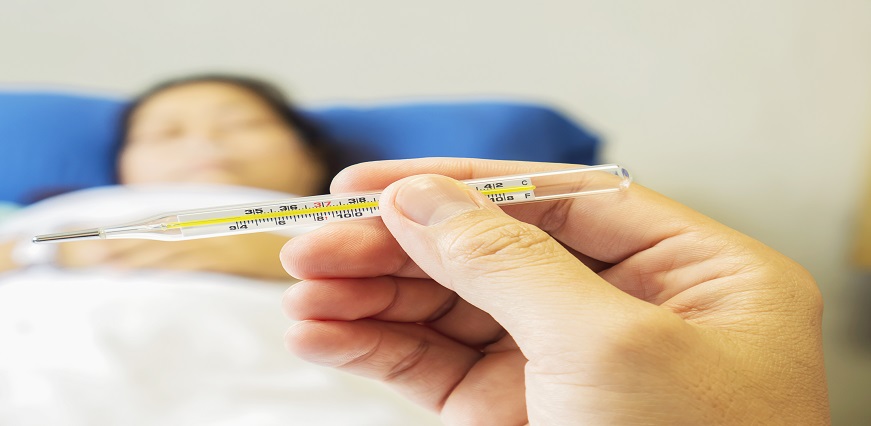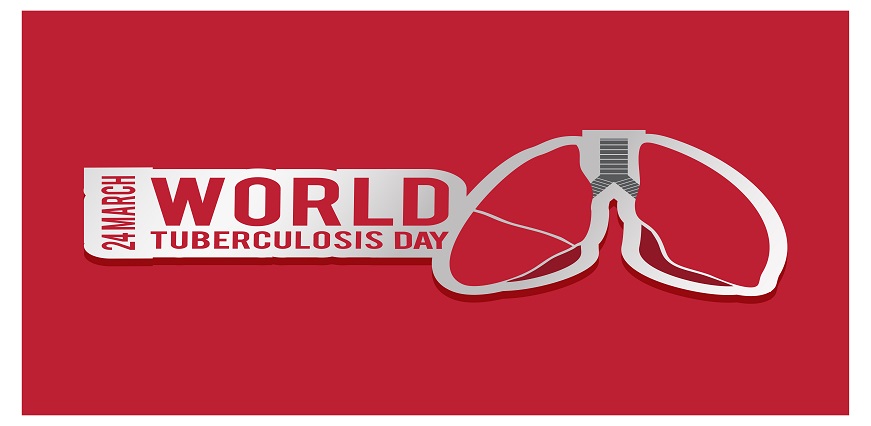





No lab centers are available in this city

Max Lab
Jun 08, 2023
High blood urea is a condition that affects millions of people worldwide. It occurs when the levels of urea, a waste product produced by the liver, become elevated in the bloodstream. While high blood urea can be indicative of underlying health conditions, it often goes undetected until symptoms arise. In this blog post, we will explore the causes and symptoms of high blood urea and provide you with some effective treatments to manage this condition.
High blood urea is a medical condition that occurs when the concentration of urea in the bloodstream exceeds normal levels. Urea is a waste product formed by the breakdown of proteins and is typically eliminated from the body through urine.
When there are problems with your kidneys or liver, they can't filter out urea effectively, which causes it to build up in your blood. High blood urea can be an indication of underlying health conditions such as kidney disease, liver damage or heart failure.
Blood tests are commonly used to diagnose high blood urea levels. The test measures two key components - Blood Urea Nitrogen (BUN) and Creatinine. An elevated BUN value indicates high levels of nitrogenous wastes in the body, while creatinine levels indicate how well your kidneys are functioning.
It's important to note that not all cases of high blood urea require treatment. However, if left untreated for an extended period, it can lead to severe complications like seizures or coma. To avoid this situation altogether, it's essential to understand what causes high blood urea and how you can prevent it from occurring in the first place.
One common cause of high blood urea is kidney dysfunction or failure, which can prevent the body from properly filtering and eliminating waste products. Other causes may include dehydration, heart failure, gastrointestinal bleeding or obstruction, urinary tract infection or obstruction, and certain medications.
Another factor that can contribute to high blood urea levels is a diet high in protein intake. When we consume more protein than our body needs for tissue repair and growth, excess amounts are converted into ammonia and then into urea before being eliminated by the kidneys.
Additionally, individuals with liver disease may experience elevated blood urea levels due to impaired liver function resulting in decreased production of urea cycle enzymes required for proper metabolism.
It’s important to identify the underlying cause for high blood urea levels through proper medical assessment and treatment planning.
High blood urea can be caused by various medical conditions and may lead to several symptoms, which are important to recognize. One of the most common symptoms is fatigue or weakness, as high levels of blood urea can cause a decrease in oxygen flow throughout the body.
Another symptom includes decreased urine output or dark-colored urine. This occurs due to the kidneys’ inability to filter waste products from the bloodstream properly. Patients with high blood urea may also experience nausea and vomiting, especially after eating protein-rich foods.
In addition, patients may experience muscle cramping or twitching due to electrolyte imbalances in their bloodstream. They may also develop itchy skin and have difficulty concentrating or confusion. This happens because the accumulation of waste products affects brain function.
When it comes to treating high blood urea, the first step is identifying and addressing the underlying cause. This could include managing diabetes or hypertension, adjusting medications that may be contributing to elevated levels, or addressing dehydration.
In addition to targeting the root cause of high blood urea, there are also several treatments available to help lower levels of urea in the blood. For example, medications such as diuretics may be prescribed to increase urine output and reduce fluid retention.
Dietary changes can also play a role in managing high blood urea. A diet low in protein may be recommended to reduce the amount of nitrogen waste produced by the body. In some cases, dialysis may also be necessary for individuals with severe kidney dysfunction.
It's important for individuals with high blood urea to work closely with their healthcare provider in order to determine an appropriate treatment plan based on their specific needs and medical history. By working together, patients can take steps towards reducing their risk of complications associated with elevated levels of urea in the bloodstream.
Preventing high blood urea levels can be a challenging task, but it is possible. A simple and effective way to prevent high blood urea is by drinking plenty of water throughout the day. Water helps flush out toxins and waste products from the body, including excess urea.
Eating a healthy diet that includes foods low in protein can also help prevent high blood urea levels. Protein-rich foods such as meat, fish, and dairy products are broken down into nitrogen-containing compounds like urea during digestion. By consuming these types of food in moderation, you can reduce your risk of developing high blood urea levels.
Regular exercise has also been shown to have positive effects on kidney function and can help regulate blood pressure, which may lead to lower levels of protein excretion in urine.
Avoiding medications or substances that could damage your kidneys or interfere with their function is another crucial step in preventing high blood urea levels. Consult with your healthcare provider before taking any new medication or supplements.
Maxlab offers an exhaustive list of lab tests for a comprehensive diagnosis of your health. Take a look at Max Lab BUN Test for detecting Urea in the blood.
High blood urea is a condition that can be caused by several factors such as kidney damage or dehydration. It is crucial to identify the symptoms early and seek medical attention promptly to avoid further complications. Treatment for high blood urea may involve medications, lifestyle changes, dietary adjustments or even dialysis in severe cases.
Prevention of high blood urea involves maintaining good hydration levels by drinking enough water daily, eating a balanced diet and avoiding excessive protein intake. Regular exercise also helps keep the kidneys healthy.
If you suspect that you have high blood urea or are experiencing any suspicious symptoms mentioned above, please consult with your doctor immediately. With proper treatment and management, patients with high blood urea can lead normal lives without any significant health issues.
High blood urea, also known as hyperuricemia, refers to elevated levels of urea in the bloodstream. Urea is a waste product produced when the body breaks down proteins. It is normally filtered by the kidneys and eliminated through urine.
Causes include:
Symptoms:
There are steps you can take to prevent high blood urea and maintain optimal health-
Here are a few steps that can be taken:
If you have high blood pressure or kidney disease, it is crucial to keep a close eye on your urea levels. Additionally, if you experience symptoms such as frequent urination, fatigue, swelling in the hands and feet, or changes in appetite and weight loss, it may be a sign of elevated urea levels.
Yes, If left unaddressed or accompanied by other symptoms, persistently high levels of blood urea can be indicative of kidney dysfunction or damage. This can lead to complications such as chronic kidney disease or even kidney failure if not properly managed.












Sign up takes less than 60 secs and gives you access to your offers, orders and lab tests.
Looks like you are not registered with us. Please Sign up to proceed
OTP will be sent to this number by SMS
We have successfully received your details. One of the agents will call you back soon.
 To reach our help desk call 9213188888
To reach our help desk call 9213188888
No Lab Centers are available in this city
Looks like you are not registered with us. Please Sign up to proceed
OTP will be sent to this number by SMS
Not Registered Yet? Signup now.Looks like you are not registered with us. Please Sign up to proceed





 7982100200
7982100200.png)
Comments